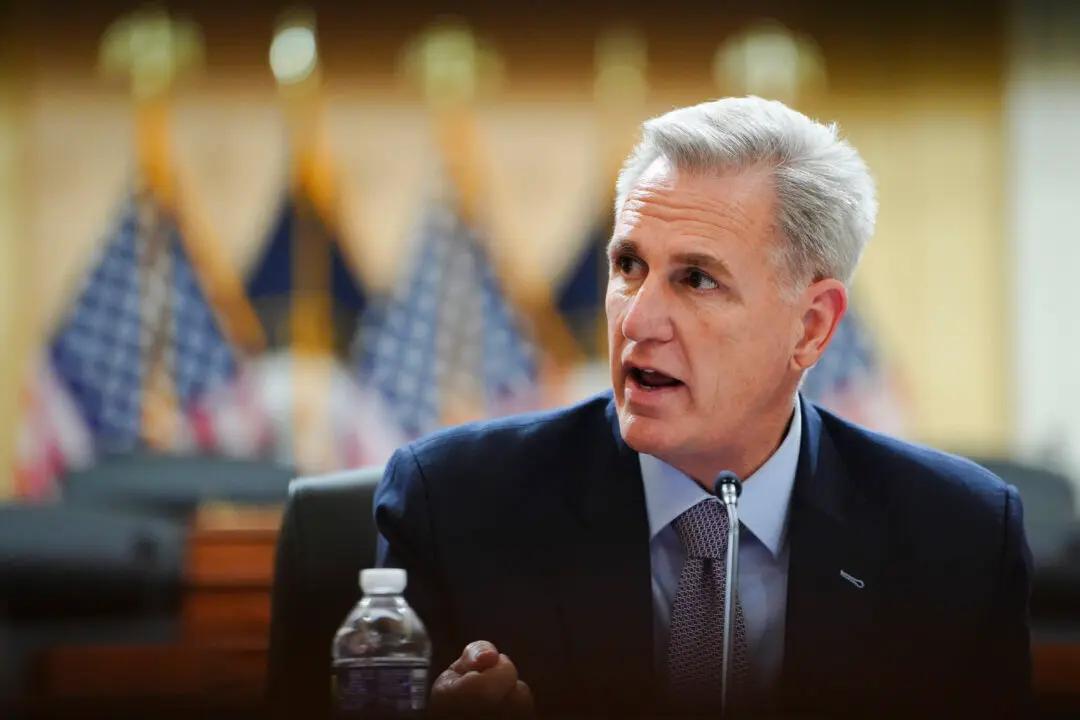Former House Speaker Kevin McCarthy said that President Joe Biden sent mixed messages when stating the United States does not support the independence of Taiwan, just after the island’s pro-independence candidate won the presidential election.
“It’s dangerously confusing,” Mr. McCarthy responded when asked about his reaction during an interview with Fox News on Jan. 15. “He has dealt with Taiwan wrong by giving mixed messages,” Mr. McCarthy added.




